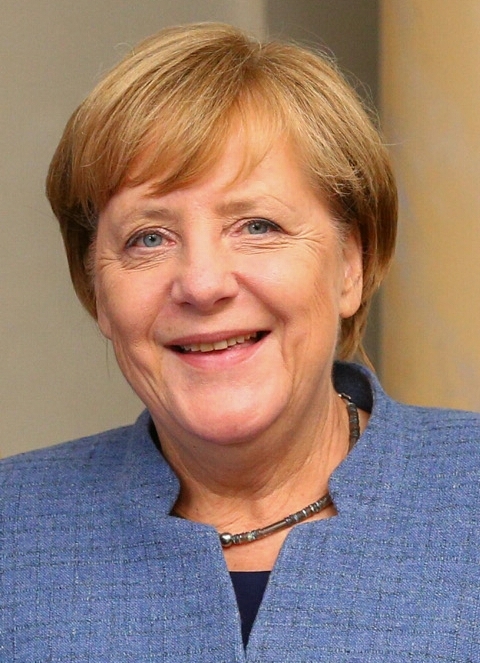Why do you think the Electoral College takes power away from citizens? Do you honestly think the country will be better off if we're controlled by a handful of large States?
Let's show you an example.

en.wikipedia.org
The German federal election in 2017
The CDU/CSU the main traditional right wing party.
They got 37.27% of the vote. And they got 231 seats out of 299, that's about 77% of the seats. This is with First Past The Post, same system the US uses.
But in Germany they vote twice on the same day.
With Proportional Representation the CDU/CSU got 32.9% of the vote and 246 seats out of 709. That's about 34.6% of the seats.
Can you see the difference?
Another party, the FDP went zero seats with FPTP because they couldn't win more votes in any one constitution in the country, to 80 seats, or 11.2% of the seats, with PR.
Clearly what the people wanted and what the system gave were two VERY DIFFERENT things with FPTP. With PR it gives, more or less, what the people want.
There is a 5% cut off in Germany, this means that about 4% of people didn't get the representation they asked for.
In the US, in the Electoral College system, you vote and the winner wins, the lose gets nothing, for the most part, except Nebraska and Maine.
In California 6 million people voted for Trump and got all the electors voting for Biden.
This makes no sense. You've just disenfranchised 6 million voters. In fact the number of people who voted and they didn't get a say, essentially, is HUGE. You're looking at like 30-40% of the votes.
Then you've got a two party system, which means that anyone who doesn't like the two main parties is left with no option but to vote AGAINST the person they hate the most.
Also, because constituencies can be bought, essentially, you have the German federal election costing less than ONE SENATE SEAT. Money rules.
In Germany people understand what their parties stand for. The CDU for right wing conservationism, the SPD for left wing liberalism, the FDP for center right, the Greens for green policies, the AfD for further right, die Linke fir further left.
In the US people barely know what the main parties stand for. Most of the defining policies are secondary policies.
Also, it's very VERY hard to get rid of the main parties. See today's UK General Election.
Also see in 2015, Farage's UKIP got 12.6% of the vote and one seat in FPTP UK. In 2017 in Germany the AfD got 12.6% of the vote and 94 seats.
The CDU had to listen. If they don't listen to the voters, then very, very quickly they will lose more and more votes to parties like the AfD or the FDP.
With FPTP the main parties can sit back and know people will vote for them because they're voting against the other party. With PR they don't get this. They get people voting for whoever they want to vote for, and knowing that they're not giving votes to the party they don't like.
Say you are a right wing voter. You don't want to vote CDU, you can vote for AfD, and the AfD votes and CDU votes will come together and still form a political block.
In the UK in 2019 the Labour Party and Lib Dems, both left wing, got 13,965,470 votes. The Tories got 13,966,454 votes, less than 1000 votes more than the left wing parties. Yet they got 365 seats to 213. This means the Tories got 25% of the seats in parliament EXTRA, and the people didn't ask for that.
